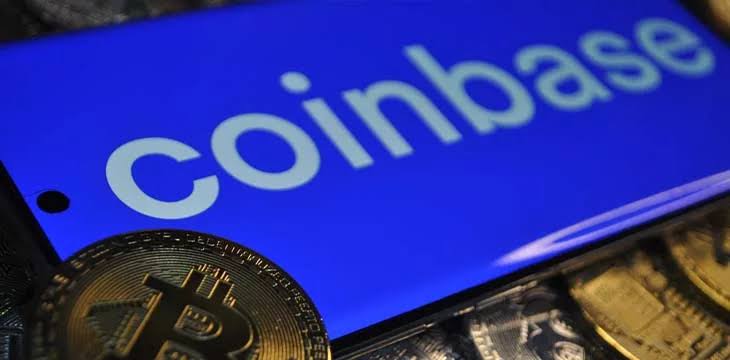In a continuing legal battle, one of the biggest cryptocurrency exchanges, Coinbase, has won a big victory. With its decision in favor of Coinbase, the U.S. Court of Appeals for the Second Circuit has confirmed that the secondary sales of cryptocurrencies on its platform do not contravene the Securities Exchange Act.
A large countrywide group of individuals who traded tokens on Coinbase between October 8, 2019, and March 11, 2022 are impacted by the court’s ruling. Whether or not Coinbase’s traded cryptocurrency fulfilled the requirements for securities was at the center of the disagreement.
The plaintiffs filed federal claims under the Securities Act of 1933, Sections 5, 12(a)(1), and 15, as well as Sections 5, 15(a)(1), 20(a), and 29(b) of the Securities Exchange Act of 1934. Additionally, on behalf of a nationwide class of people, they brought state law claims in California, Florida, and New Jersey pertaining to securities laws.
The plaintiffs argued that Coinbase was engaging in the sale and offering of securities that were not registered. They also charged it with breaking several securities law regulations.
Coinbase, on the other hand, disputed the applicability of securities laws, arguing that secondary crypto-asset sales did not meet securities transaction requirements. After considering a number of factors, the Court of Appeals upheld some of the lower court’s rulings while rejecting others.
The court determined Coinbase’s potential liability under Section 12(a)(1) of the Securities Act for vending unregistered securities. Yet, it rejected the plaintiffs’ Securities Exchange Act claims, citing insufficient proof of transaction-specific contracts needed for rescission under Section 29.
The court’s ruling was largely dependent on how Coinbase’s user agreements—which changed over time—were interpreted. The case’s crucial title and privity concerns were confounded by the disparate wording used in different versions. It was stressed that the relevant version of the user agreement should be clear because any differences would prevent a final conclusion.
The plaintiffs, who are promoting investor safety in the developing cryptocurrency area, saw the verdict as a step forward in holding crypto platforms responsible under securities regulations. Coinbase, on the other hand, claims the ruling supports its stance that secondary cryptocurrency sales aren’t equivalent to securities transactions.
Coinbase also emphasized how important it is to have clear regulations in order to promote innovation in the sector. The Court of Appeals’ decision will have a significant impact on managing digital assets and cryptocurrencies.
Additionally, Coinbase CLO Paul Grewal thanked on the social media platform X, noting that the Second Circuit reiterated that, in accordance with federal securities legislation, there is no private liability for secondary trading of digital assets on exchanges such as Coinbase. This highlights the importance of contracts.

